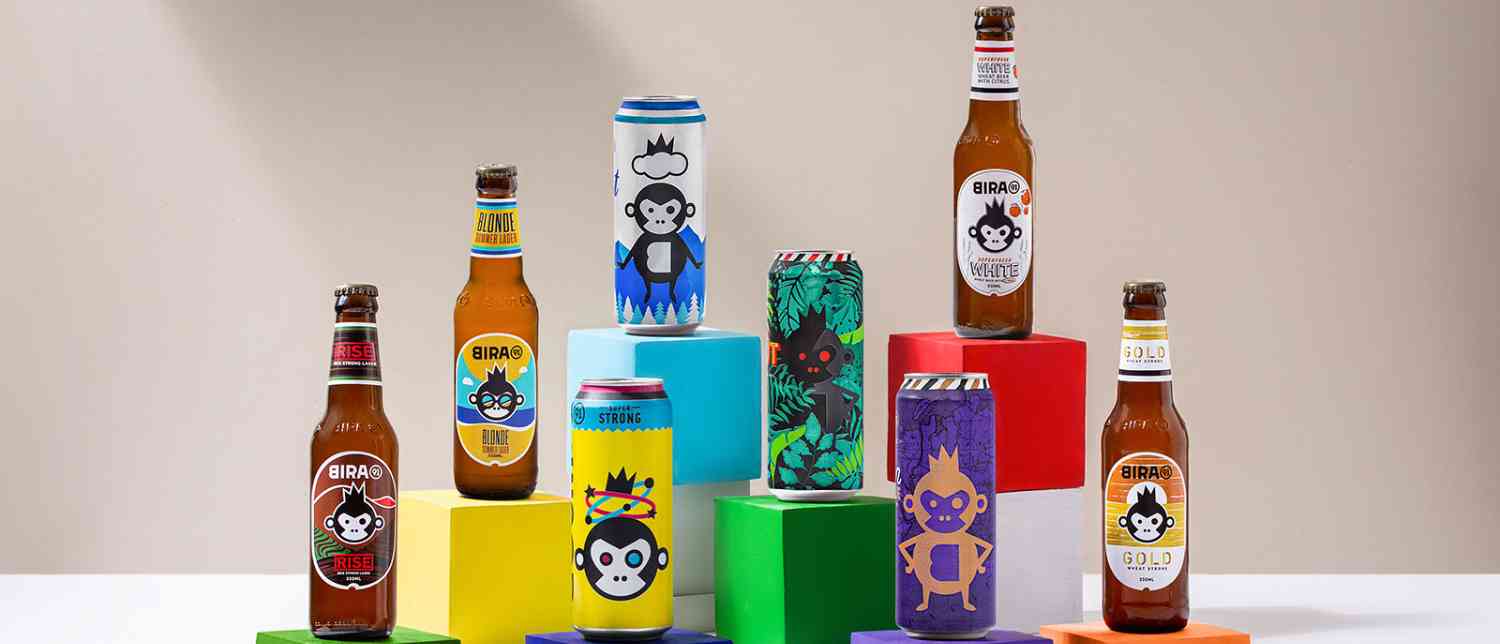When Shakespeare famously asked, “What’s in a name?”, he likely never imagined an Indian beer brand would someday prove just how much a name can matter. For Bira 91 — once India’s coolest, most Instagrammable beer brand — a simple legal tweak turned into a full-blown corporate nightmare that nearly brought the company to its knees.
Founded in 2015 by Ankur Jain, Bira 91 captured India’s urban youth with its cheeky branding, vibrant bottles, and easy-going, fruity brews. Within just a few years, it became the face of India’s craft beer revolution — cool, quirky, and quintessentially millennial. But behind the froth of success, trouble was brewing. And it all began with a bureaucratic blunder that no one saw coming.
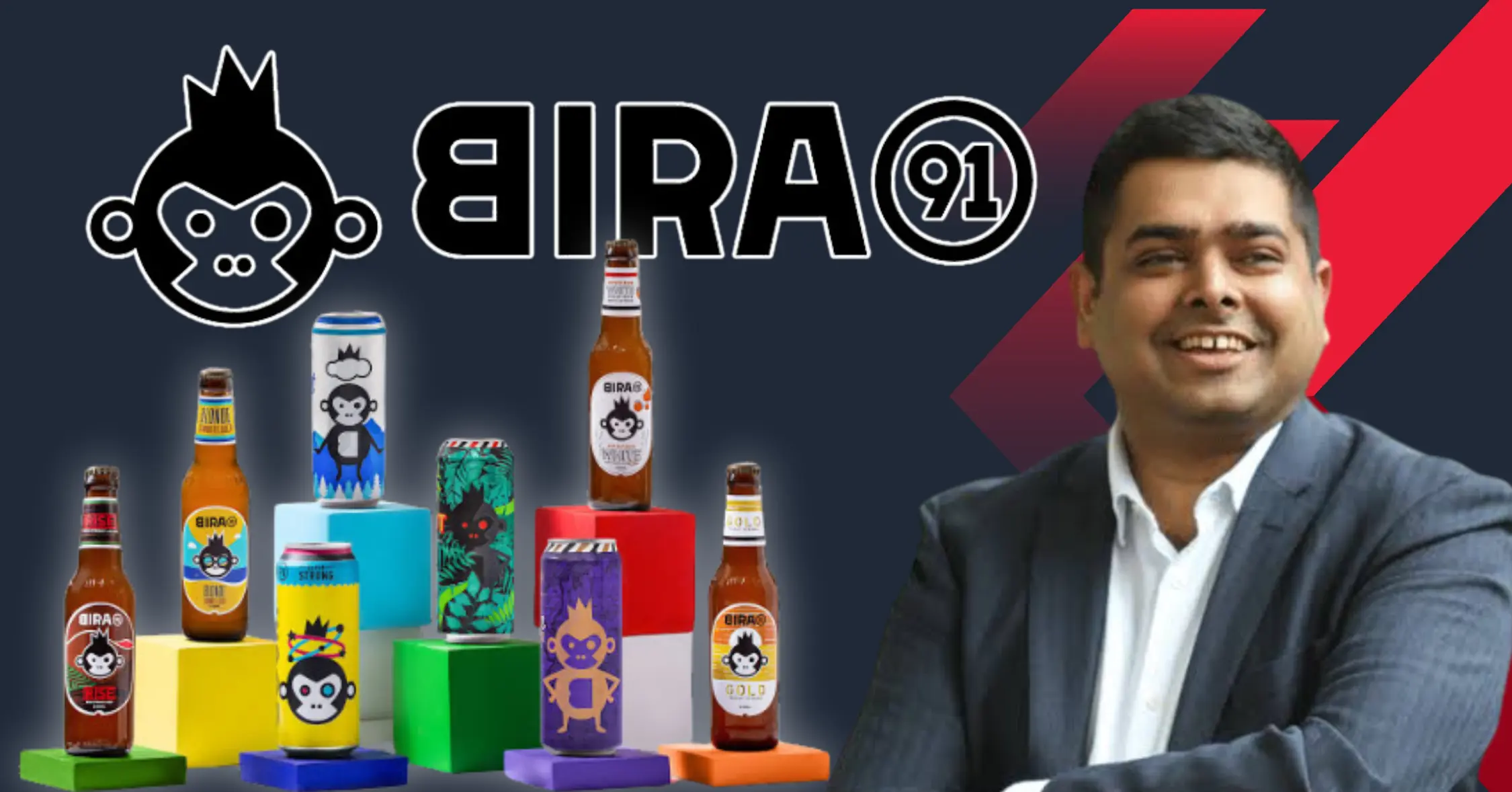
The beginning of chaos: A name change gone wrong
The crisis was triggered in 2023–24, when the company behind Bira 91 — B9 Beverages Private Limited — decided to drop the word “Private” from its name to become B9 Beverages Limited. The move, intended as a procedural step to prepare for a much-awaited IPO, turned out to be disastrous.
The change, though seemingly minor, had massive consequences. In India, the alcohol industry is governed by state-level excise departments, each with its own labyrinthine rules for licensing, labelling, and approvals. The new name effectively made Bira a “different company” in the eyes of regulators — triggering an avalanche of red tape.
Investor D. Muthukrishnan described the chaos in a viral post on X (formerly Twitter):
“Bira 91 was one of the successful start-up stories of the last decade. It is a popular craft beer brand. They were growing so well. Reality is stranger than what you can imagine. A procedural goof-up has led to the whole company collapsing, and the founder is now being forced to exit by company employees.”
He further explained:
“All hell then broke loose. All the states immediately banned the sale of Bira 91, treating the new name as a different entity. They demanded fresh legal approvals, label approvals, product registrations, and fresh licenses for every single variant. This led to one problem after another.”
Muthukrishnan even compared Bira’s situation to Diageo India, which deliberately retained the name “United Spirits Limited” instead of changing it, precisely to avoid such disruption.
Bira 91 was one of the successful start-up stories of last decade. It is a popular craft beer brand. They were growing so well. Reality is strange than what you can imagine. A procedural goof up has lead to whole company being collapsing and the founder now being forced even to…— D.Muthukrishnan (@dmuthuk) October 10, 2025
Bureaucracy, losses, and a domino effect
As states halted sales, distribution came to a screeching stop. Bira’s beer shipments were suddenly unsellable, sitting idle in warehouses across India. According to reports, the company was forced to write off inventory worth ₹80 crore, even as demand remained high.
Between July and September 2024, Bira’s sales volumes fell by around 25% year-on-year, and the cascading impact was brutal. Revenue for FY2024 dropped 22%, plunging from ₹824 crore in FY2023 to ₹638 crore. Losses skyrocketed 68% to a staggering ₹748 crore, one of the worst in the company’s history.
“Due to the name change, there was a 4–6 month cycle where we had to re-register labels and re-apply across states which resulted in literally no sales for several months despite demand,” Ankur Jain admitted to Financial Express.
By mid-2024, Bira’s production plants had gone silent. Even a proposed ₹500 crore debt infusion from BlackRock — meant to provide a lifeline to the promoter group — fell through. The brand’s long-awaited IPO, once a symbol of its ambition, was indefinitely shelved.
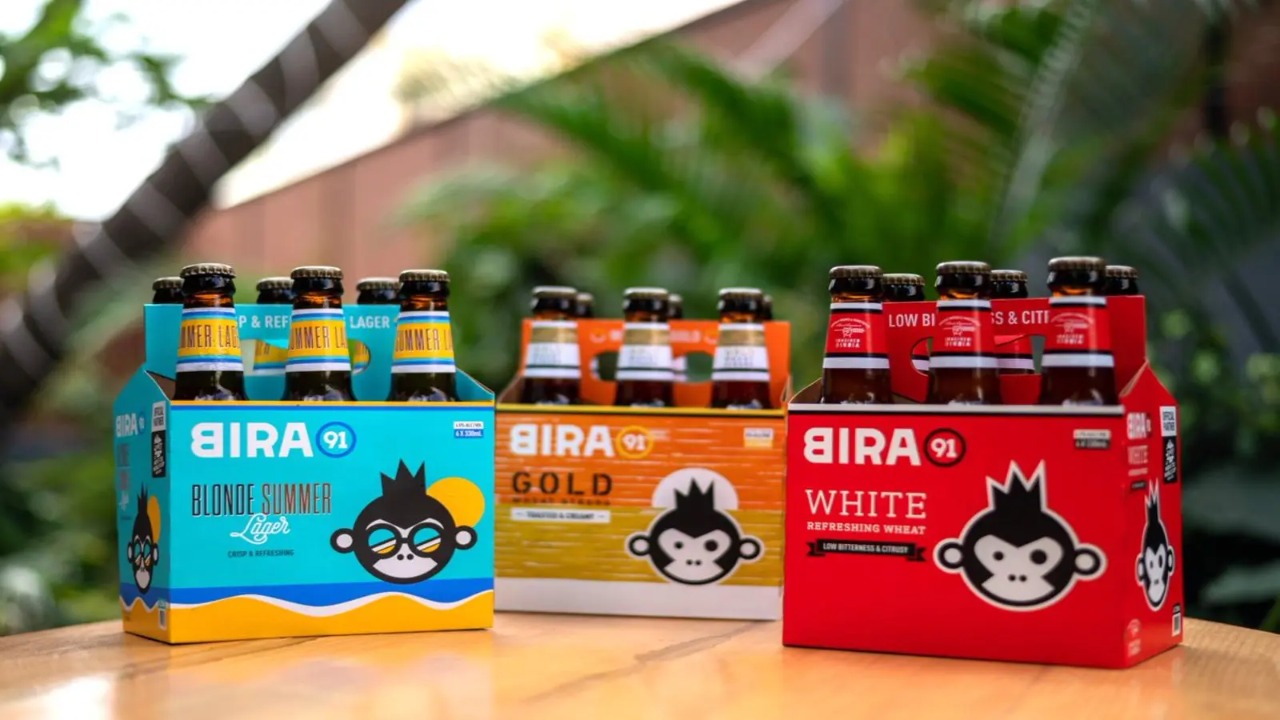
Employee revolt and internal turmoil
The company’s financial woes soon spilled over into internal strife. More than 250 employees reportedly petitioned the board and investors — including Kirin Holdings, Peak XV Partners (formerly Sequoia Capital India), and lender Anicut Capital — demanding the removal of founder Ankur Jain.
The petition cited poor corporate governance, unpaid vendor dues, lack of transparency, and delayed salaries. Several employees told The Economic Times that their salaries had been pending for six months, and reimbursements hadn’t been cleared since November 2024.
Tax deducted at source (TDS) for over 50 employees, along with provident fund (PF) contributions last paid in March 2024, remained unsettled. Pending dues for more than 500 current and former employees were estimated at ₹50 crore.
In response, Jain acknowledged the crisis:
“It is true that we have employee overdues that have been persisting. These range between three and five months, depending on the level of employees, and include a delay in payments of tax dues as well.”
He further explained that the company had been through “significant business disruptions” over the past 18 months, citing the name change, liquor policy shifts, and delayed fundraising as major hurdles.
To survive, Bira had cut its workforce by nearly 50%, focusing operations on a few profitable states and trying to improve margins. From over 700 employees, the company shrank to just 260.

The funding drought
The fallout extended to investors. BlackRock, which was in talks for a ₹500 crore debt deal, backed out amid mounting uncertainty. The brand then began exploring new avenues, seeking $132 million (approx. ₹1,100 crore) in funding — including ₹50 million in equity from Global Emerging Markets (GEM) and ₹82 million in structured credit, as per Reuters.
Jain confirmed:
“We confirm that we have received term sheets for substantial investments in the company in the form of structured debt and equity.”
He did not disclose investor names or amounts but noted that the funds would be used for working capital, clearing dues, and stabilising operations.
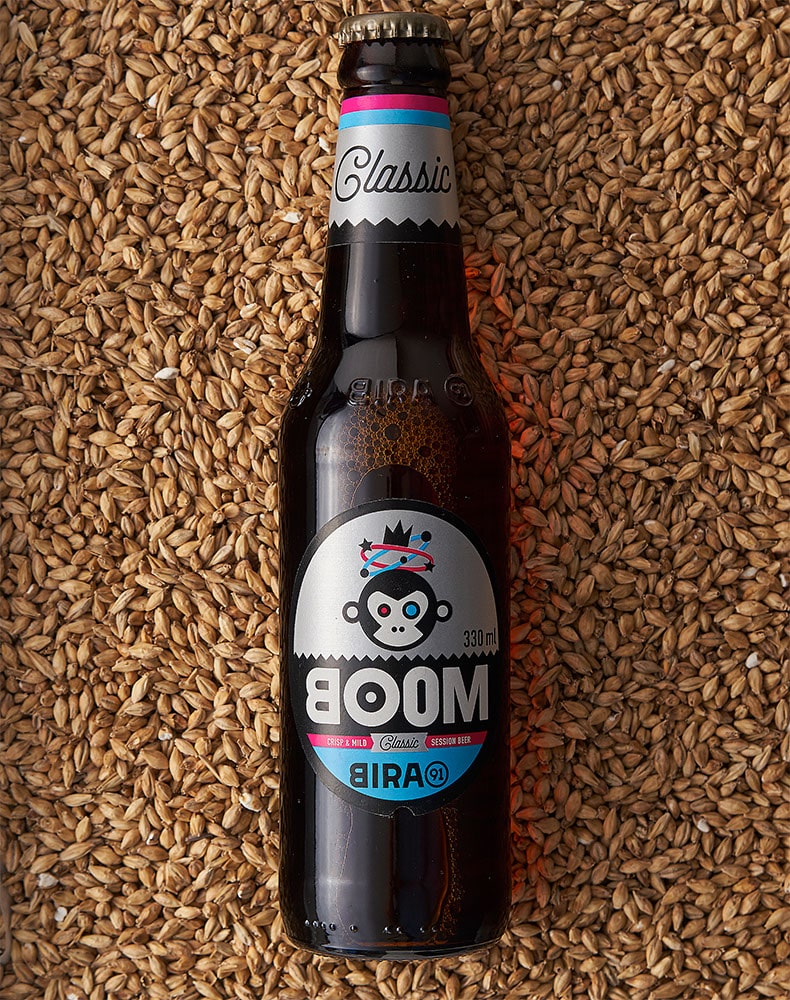
From India’s coolest beer to regulatory casualty
To understand how stunning this fall is, one must remember Bira 91’s meteoric rise.
By FY2023, the brand was selling over 9 million cases across 550 towns and 18 countries, earning revenue of ₹824 crore. With investors like Sequoia Capital, Sofina (Belgium), and Japan’s Kirin Holdings, Bira 91 was valued at $450 million. Its quirky branding, colorful mascots, and clever campaigns made it the go-to beer for India’s urban millennials.
The acquisition of The Beer Café in 2022 cemented its dominance in pubs and restaurants. A 2026 IPO was already in the works. But by 2024, that dream evaporated — undone by a single word: Private.
The company’s story became a warning about India’s bureaucratic complexity, where even minor administrative missteps can paralyze a thriving business.
As investor Muthukrishnan summed it up:
“Though what happened to Bira is extremely unfair, you’ve to accept the reality of India. Procedures, compliance and proper documentation are extremely important. The rules are so complex that you should never desist from taking expert advice. What you assume need not work in reality and may even go against you.”

Attempted recovery and road ahead
Despite the setbacks, Bira 91 is not entirely down. By mid-2025, the brand has resumed production and regained licenses in key markets such as Delhi and Uttar Pradesh. Haryana remains a challenge, but the company has managed to stabilize cash flow through a ₹100 crore rights issue.
To regain financial footing, Bira has reappointed Vikram Qanungo as CFO, aiming to strengthen governance and operational discipline. Jain, meanwhile, continues to frame the past year as a “perfect storm” of external shocks.
“Significant business disruptions over the last 18 months, caused by a change in the company name, liquor policy changes, and delays in fundraising, resulted in volume degrowth, complete disruption of cash flow for several months, and a pile-up of overdues including statutory, employee, and vendor dues,” he told Financial Express.
While the brand is slowly crawling back, its once iconic momentum has faded. Competitors like Simba, BeeYoung, and White Owl have seized the moment, expanding their footprints as Bira struggles to recover.
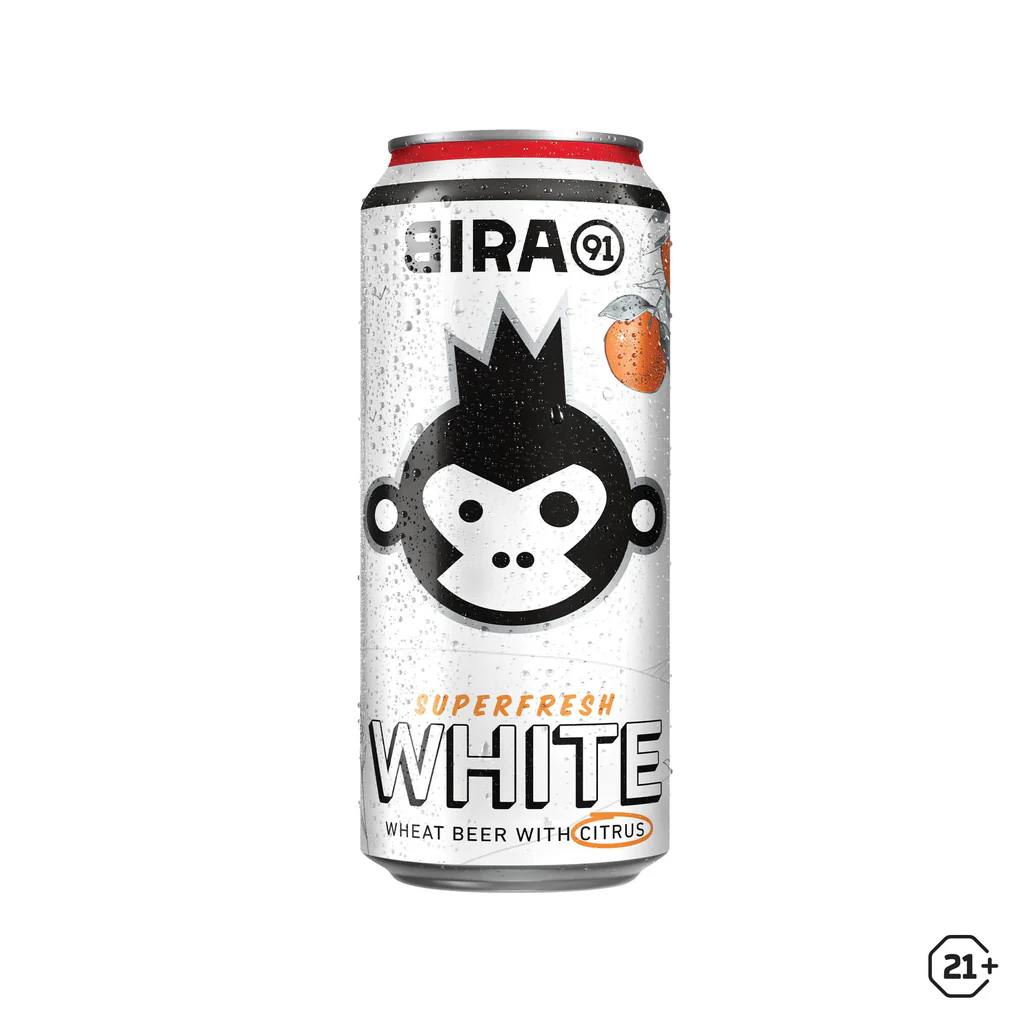
The bottom line
The rise and fall of Bira 91 isn’t just a story about a beer company — it’s a sobering lesson on how fragile success can be in India’s regulatory maze. A minor paperwork decision, made in good faith for an IPO, set off a chain reaction that halted production, alienated employees, scared investors, and cost the company hundreds of crores.
Today, Bira 91’s bubbly charm has given way to cautious realism. For other Indian startups eyeing rapid growth and global recognition, this tale is a stark reminder: in a country governed by complex compliance, even a single word can change your fate.
With inputs from agencies
Image Source: Multiple agencies
© Copyright 2025. All Rights Reserved. Powered by Vygr Media.

